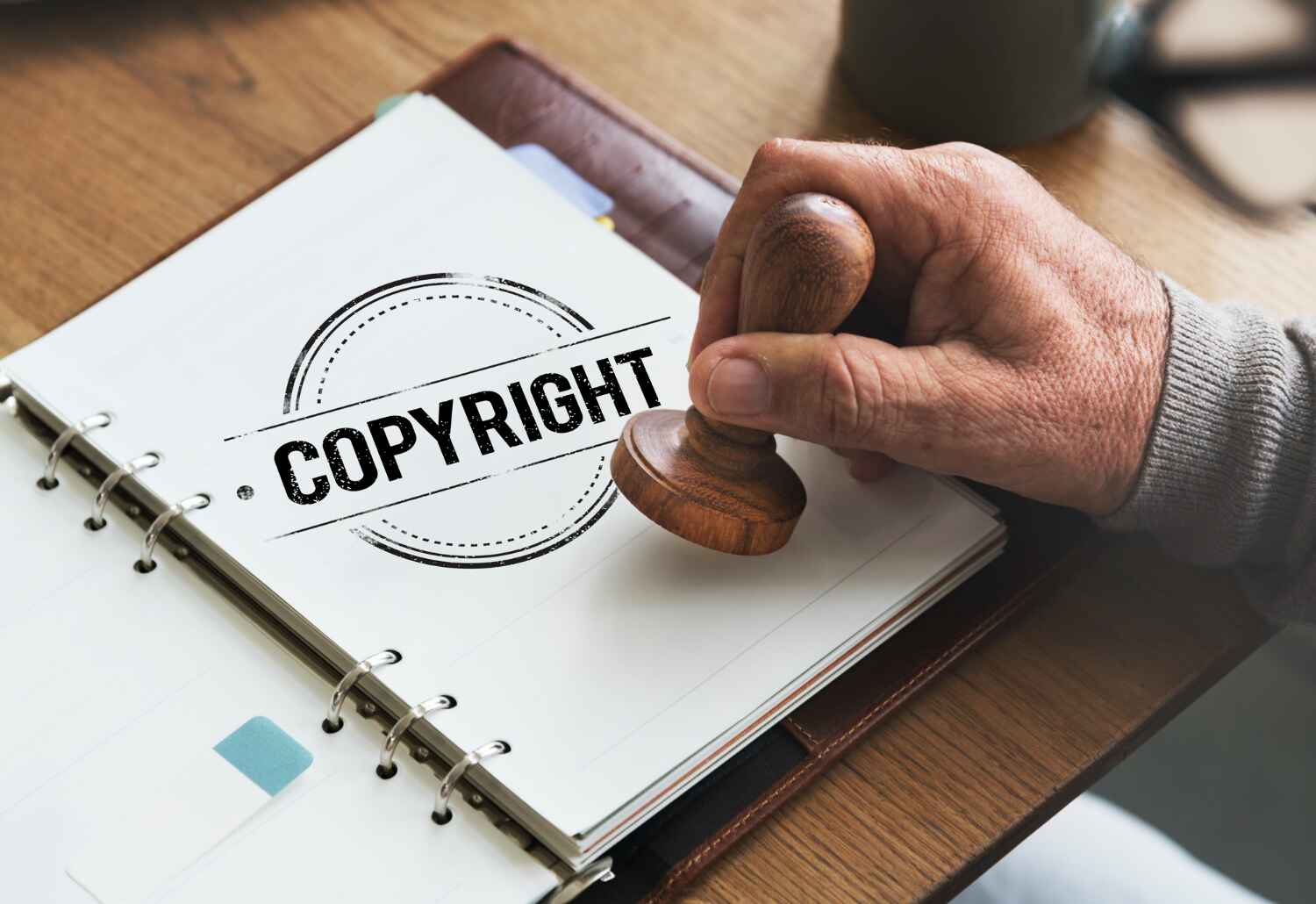Amazon’s Copyright Infringement Policies: What Sellers Need to Know
Posted on July 14th, 2024
Selling on Amazon opens up vast opportunities for businesses to reach customers worldwide. However, it’s equally important for sellers to be well-versed in Amazon’s policies, especially those related to intellectual property (IP) rights and copyright infringement. This guide simplifies Amazon’s policies, equipping sellers with the knowledge they need to navigate the platform effectively and feel prepared for any situation.
Understanding Amazon’s Stance on Copyright Infringement
Amazon is serious about copyright infringement to protect creators’ rights and ensure a fair marketplace. Copyright infringement happens when someone uses copyrighted material without permission, like images or text. Amazon cares because it wants to be a trusted platform. When sellers use copyrighted stuff without permission, it can cause legal issues, such as account suspension or closure, and make customers lose trust. Protecting copyrights keeps Amazon fair and trustworthy for everyone using the platform.
Why Does Amazon Care About Copyright Infringement?
Amazon’s deep concern about copyright infringement stems from its commitment to maintaining a fair and trustworthy marketplace for all. Respecting intellectual property rights is a cornerstone of this commitment. Selling someone’s copyrighted work without permission can lead to legal issues and erode customer trust. Amazon’s unwavering stance on this issue not only keeps the marketplace fair but also reinforces its reliability and honesty, which are crucial for its reputation. This commitment ensures a level playing field for all sellers, fostering a sense of security and confidence.
Types of Intellectual Property Rights
Before delving into Amazon’s specific policies, it’s essential to understand the different types of intellectual property rights:
- Copyrights: Protect original creations like writings, music, and artwork.
- Trademarks: Safeguard words, symbols, or designs that identify products.
- Patents: Secure rights for inventions, giving creators exclusive ownership.
Amazon’s Policies on Intellectual Property Rights
Amazon requires sellers to follow intellectual property laws and policies to maintain a safe and fair marketplace. This means respecting copyrights, trademarks, and patents that belong to others. By enforcing these rules, Amazon aims to create an environment where all sellers can compete fairly and where intellectual property rights are respected, ensuring trust and reliability for buyers and sellers alike.
Common Triggers for Amazon Copyright Infringement Claims
Understanding what typically triggers copyright infringement claims can help sellers avoid violations:
- Using Images Without Permission: Using images without permission means using photos or graphics protected by copyright law without getting the licenses or permissions from the copyright owner.
- Copying Product Descriptions: Copying product descriptions means using text or descriptions protected by copyright without permission from the owner, which can lead to copyright infringement issues.
- Selling Counterfeit Products: Selling counterfeit products means selling items that look like they’re from a famous brand but are not. It’s like pretending something is real when it’s not, breaking the rules, and hurting trust.
How Amazon Handles Copyright Infringement Claims
Dealing with a copyright infringement claim on Amazon can be stressful for sellers. Here’s what to do if you receive such a claim:
Steps to Respond to Copyright Infringement Claims
- Review the Claim: When you receive a claim, read it carefully. Understand which of your listings or products are affected and what the claim accuses you of. This helps you prepare a proper response and gather the necessary evidence to support your case.
- Gather Evidence: Gathering evidence is essential. Keep receipts or licenses handy to prove you can use the material. This helps defend against claims of copyright infringement, showing Amazon you’ve followed the rules and have the right to use the content.
- If you think the claim is wrong, you can file a counter-notice on Amazon’s Seller Central. This means you provide detailed information to explain why you believe the claim is unfair. You need to specify the reasons why you believe the claim is incorrect and provide any evidence that supports your position. It’s a way to defend yourself and show your side of the story.
Tips to Avoid Copyright Infringement on Amazon
Preventing copyright issues is crucial for maintaining a successful business on Amazon:
- Create Original Content: To avoid using copyrighted material, create your own product images, descriptions, and marketing materials. This helps you stay original and avoid legal issues on platforms like Amazon.
- Obtain Licenses: If you want to use someone else’s copyrighted material, get their permission first. This means getting a license or agreement from the copyright owner to use their work legally. It’s essential to do this to avoid any issues with copyright infringement.
- Monitor Your Listings: Regularly check your listings on Amazon to ensure they follow Amazon’s rules and don’t violate copyright or trademark laws. This will help you avoid problems and keep your business safe and trusted by customers.
Amazon’s Brand Registry: Protecting Your Intellectual Property
Amazon offers tools like the Brand Registry to help sellers protect their trademarks and intellectual property rights:
Benefits of Amazon’s Brand Registry
- Enhanced Brand Protection: Tools to help prevent unauthorized use of your brand’s intellectual property.
- Streamlined Reporting: Simplify the process of reporting infringement to Amazon.
- Greater Control: Maintain control over your brand’s product listings and ensure they accurately represent your brand.
Enrolling in Amazon’s Brand Registry
Enrolling in Amazon’s Brand Registry requires a registered trademark for your brand or products. Once enrolled, these tools will safeguard intellectual property and maintain a strong brand presence on Amazon.
Take Charge of Your Amazon Business: Protect Your Reputation with These Key Steps!
Navigating Amazon’s copyright infringement policies requires sellers to understand and comply with intellectual property laws. By respecting copyrights, creating original content, obtaining necessary licenses, and responding promptly to claims, sellers can protect their businesses and maintain a positive reputation on the platform. Stay informed about Amazon’s guidelines and updates to avoid unintentional violations and ensure long-term success as an Amazon seller. For professional assistance navigating Amazon’s policies, contact Amazon Appeal Pro at (954) 302-0900.
